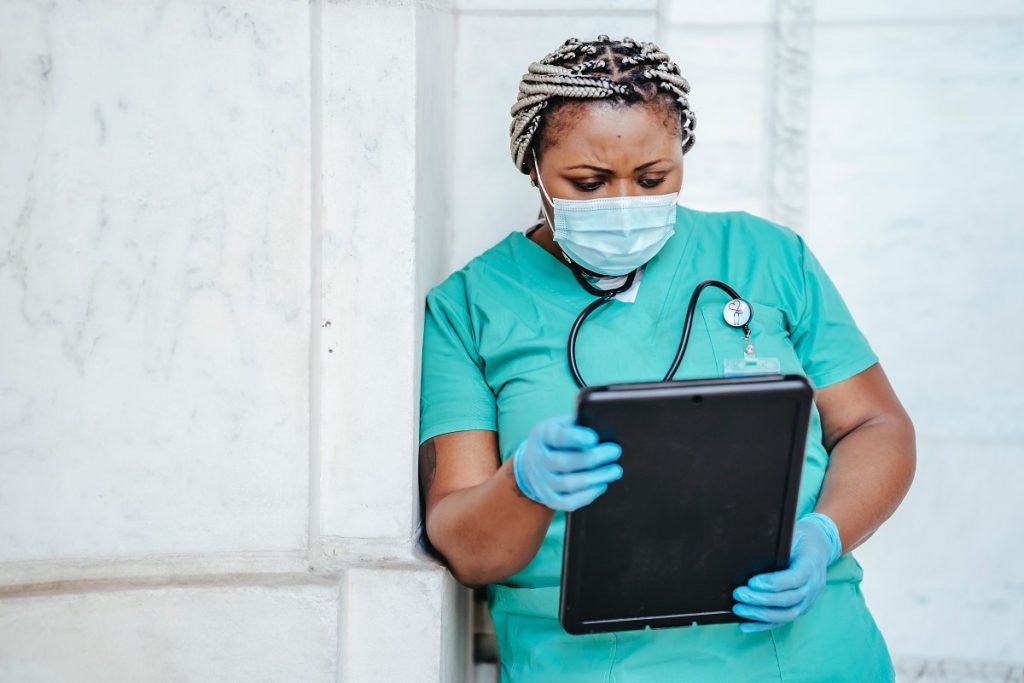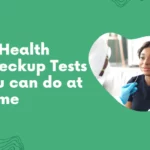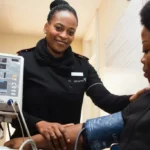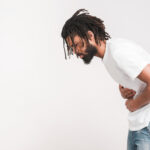There have been almost 7,000 total cases of COVID cases in Nigeria in the first half of December 2021. The current fourth wave of infections has brought with it restrictions and international travel bans. COVID has altered the way a lot of things work, which has resulted in a lot of queries. The following is a collection of the most frequently asked COVID-19 test questions.
BOOK YOUR COVID-19 TEST FOR TRAVEL
1. What is COVID-19?
COVID is a respiratory disease caused by a virus called SARS-CoV-2. Anyone of any age (even children) can get COVID, the disease commonly affects adults. Those who are more advanced in years or have underlying conditions (cardiovascular diseases, high blood pressure, diabetes, chronic respiratory diseases, cancer) are at a higher risk of developing serious symptoms. It is important to know that anyone at any age can get COVID, develop serious symptoms and die.
2. What do I do if my COVID-19 test is positive?
You will need to self-isolate in your home and inform the people who you have physically been around and those you live with so they can get tested. Make sure to drink plenty of warm fluids, eat even if you do not have an appetite and eat fruits rich in vitamin C to help boost your immune system. Your doctor may recommend cough syrup if you have a cough, or paracetamol for fever or body pain. Seek medical assistance if any of your symptoms appear to worsen.
3. What are the symptoms of COVID?
Most people infected with the virus will experience mild to moderate respiratory symptoms and recover without special treatment. Others get so sick they need a ventilator to breathe. Common symptoms of COVID include; fever, body ache, dry cough, fatigue, chills, headache, sore throat, loss of appetite, loss of smell and taste. More severe symptoms are; high fever, severe cough, chest pain, loss of mobility, confusion and shortness of breath.
4. What if my COVID-19 test is positive but have no symptoms?
It is possible to have COVID and not have any symptoms (to be asymptomatic). This however does not mean that you cannot spread the virus to other people. You will still need to stay home and self-quarantine or self-isolate from other people for at least ten days. It is still possible for someone to develop symptoms even when they initially do not have any. It takes 5 – 6 days on average for symptoms to appear when a person is infected with the virus, in some cases, it can take up to 14 days.
5. Is it possible to get a false positive COVID-19 test result?
The COVID PCR test is reliable and is a widely used method of testing. If a test comes back as positive, it is almost certain that you are infected. PCR tests are very unlikely to produce a false-positive result. It is possible to get a false negative result. This would probably happen if you got tested the same day you were infected. The result may come back negative because there are not enough viral particles in your nose or saliva to detect.
BOOK YOUR PCR COVID TEST FOR TRAVEL
6. What happens if I test positive and I have to travel?
Unfortunately, if you do test positive for COVID, you will not be able to travel. You will need to cancel your flight. At the moment, in order to fly out of Nigeria, you would need to have tested negative for COVID within 24 – 48 hours of your flight. Observe strict precautionary measures when you have to travel. Wear a mask, sanitize or wash your hands and keep a safe distance from others.
7. I am vaccinated, do I still need to follow the precautionary measures?
The COVID vaccine protects you from experiencing severe symptoms. However, you can still catch it and transmit it to others. Therefore, you still need to adhere to the precautionary measures and if you do test positive, self-quarantine or self-isolate.




